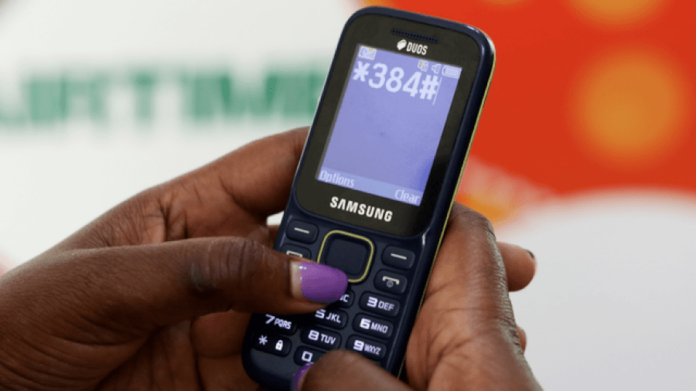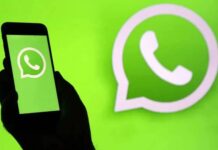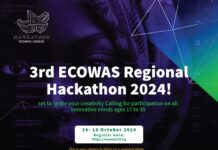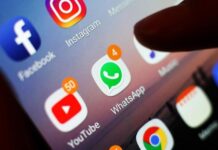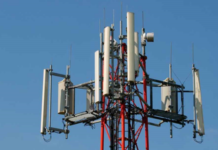Nigerian Banks Commence Charging Their Customers N6.98 For USSD Transactions
TECH DIGEST – Users of Unstructured Supplementary Service Data (USSD) services in Nigeria have started getting notice of N6.98 charges for each transaction session.
This follows the agreement reached in March between the deposit money banks and the telecommunication firms after the intervention of the Central Bank of Nigeria (CBN) and the Nigerian Communications Commission (NCC), in a dispute about accumulated debts.
A notice received by a bank customer read, “Welcome to USSD Banking. Please note, a N6.98 network charge will be applied to your account for banking services on this channel.”
The CBN and the NCC had in a joint statement said that the introduction of the new USSD charges is to promote transparency adding that it would be collected on behalf of Mobile Network Operators (MNOs), who provide infrastructure for the services to operate, directly from customers’ bank accounts.
The joint statement by CBN and NCC read, ‘’We are pleased to announce that after comprehensive deliberations on the key issues, a resolution framework acceptable to all parties was agreed thus:
Read Also:
“Effective March 16, 2021, USSD services for financial transactions conducted at DMBs (Deposit Money Banks) and all CBN-licensed institutions will be charged at a flat fee of N6.98 per transaction. This replaces the current per session billing structure, ensuring a much cheaper average cost for customers to enhance financial inclusion.
‘’To promote transparency in its administration, the new USSD charges will be collected on behalf of MNOs (Mobile Network Operators) directly from customers’ bank accounts. Banks shall not impose additional charges on customers for use of the USSD channel.”
USSD is a Global System for Mobile Communications (GSM) protocol that is used to send text messages and is similar to Short Message Service (SMS). USSD uses codes made up of the characters that are available on a mobile phone.
It is also a critical channel for delivering financial services, especially for those who do not have access to physical banking infrastructure or internet services.
The CBN and NCC had said that the USSD channel is optional, as several alternative channels such as mobile apps, internet banking and ATMs may be used for financial transactions.
However, analysts have raised some concerns over the effect of the new charge on CBN’s effort to encourage financial inclusion, especially for individuals who do not have access to internet services.


